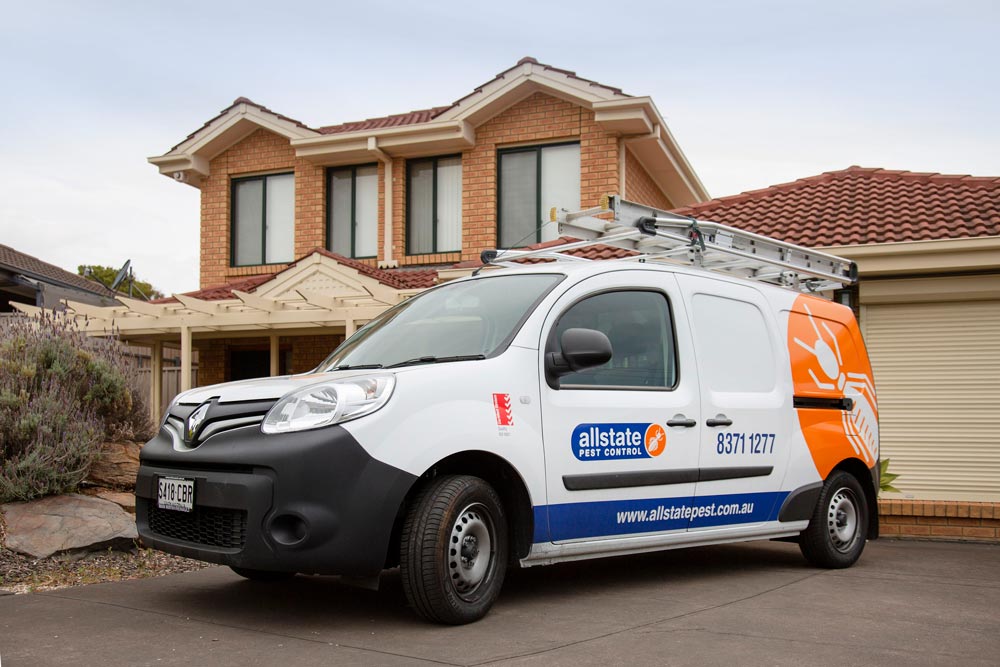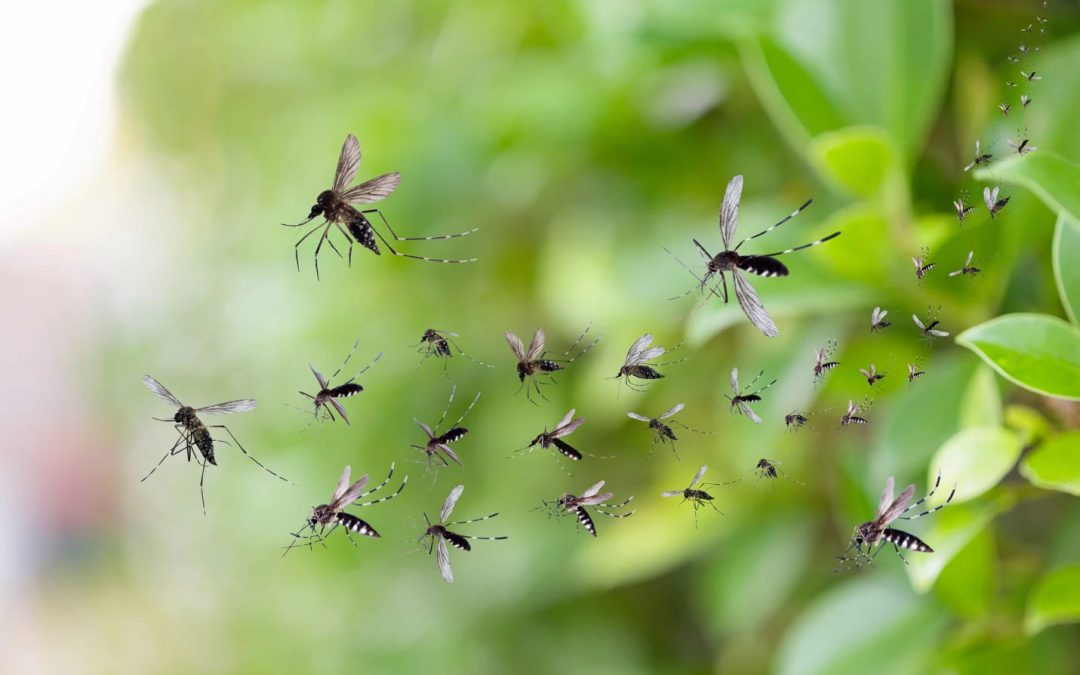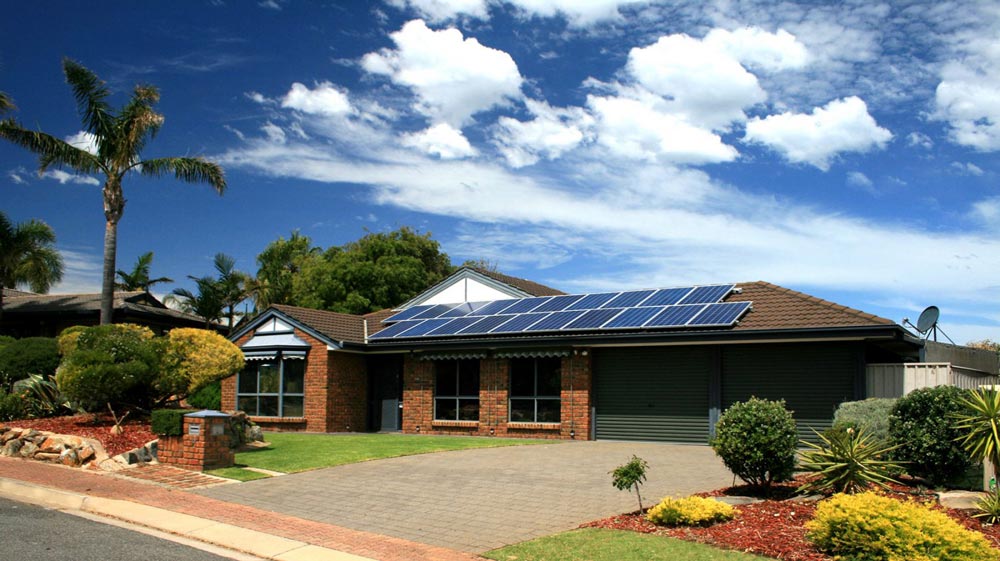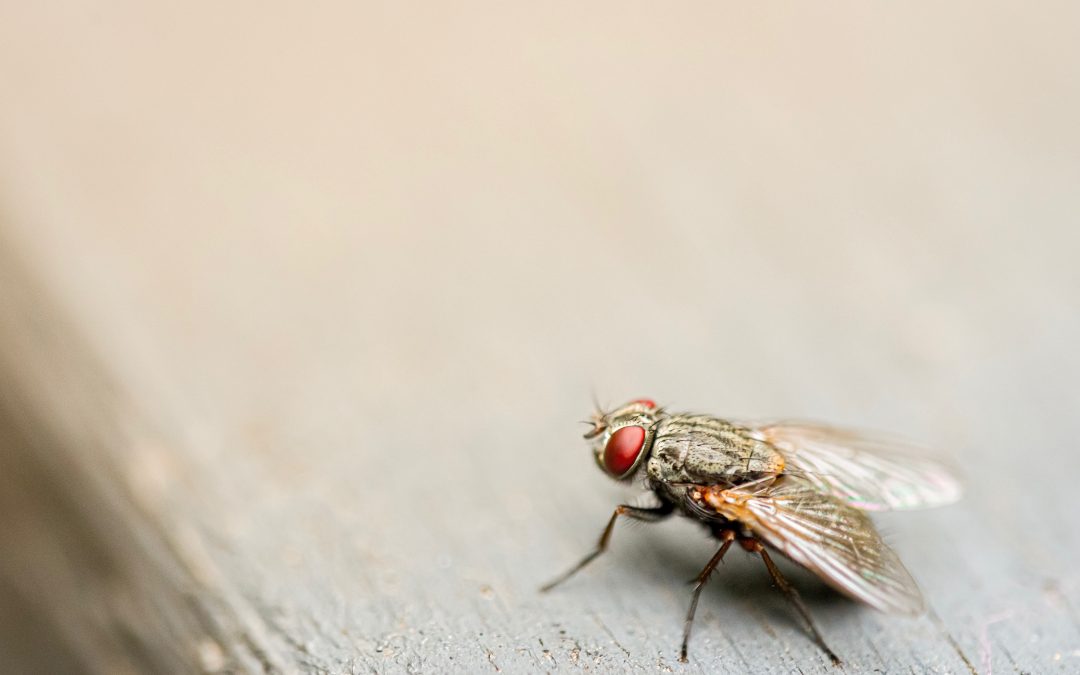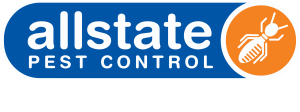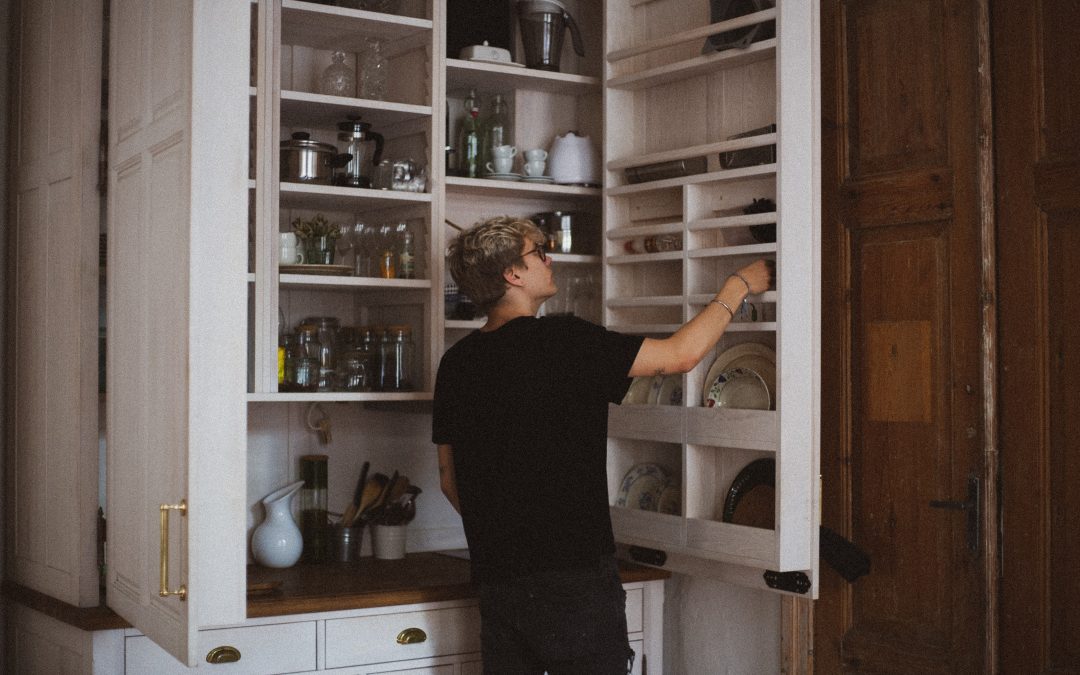
Does summer heat cause pest infestations
DOES SUMMER HEAT CAUSE PEST INFESTATIONS?
What questions will this article answer?
Pests are more active in summer
The warmer weather will bring pests out of hibernation over winter, and gives them more energy to be active, scavenge for food, seek shelter and breed.
Increased humidity
Higher levels of humidity provides a moist environment for many pests to flourish.
Hot weather drives pests to seek shelter
Pests will want to seek shelter in the scorching heat and find safe, quiet hiding spots to nest and lay eggs.
Ideal breeding conditions
Summer heat speeds up the reproductive and life cycles for many pests.
More food sources are available
Common sources of food available in summer include fruit, vegetables, tree sap, pollen, rubbish bins, pet food and other food scraps.
How to prevent summer pests
Keep food stored away, practice proper waste disposal, maintain a clean home, remove sources of water, conduct regular yard maintenance and remove entry points.
Professional summer pest management
At Allstate, we offer a range of nontoxic, innovative chemical and physical treatments to combat summer pest outbreaks.
Choose Allstate fast and reliable summer pest control
Available 24/7 to all suburbs of Adelaide for urgent advice, we can assist with infestations in residential, commercial and industrial settings.
Pests are more active in summer
Many pests are cold blooded, including spiders, mosquitoes, ants, cockroaches, flies, fleas, moths, pest bees, wasps and termites. This means that their body temperature and activity levels vary depending on their environment.
The arrival of summer will bring them out of hibernation over winter, and gives them more energy to be active, scavenge for food, seek shelter and breed.
For some pests, particularly pest bees and wasps, the longer days also give them more time to cause a nuisance in your garden.
Increased humidity
Many pests rely on a source of water to thrive, so combining increase in temperature with higher levels of humidity provides the perfect conditions for many pests to flourish.
From sprinklers, backyard bird baths and ponds, overflowing pot plants, to leaking plumbing and appliances, pests are clever at seeking out sources of moisture wherever the mercury heats up.
For pests that live within colonies underground, such as subterranean termites and ants, the increased dampness in the soil will also cause a spike in population growth.
Wooden structures can also absorb more moisture in hot, humid weather. This attracts pests such as carpenter ants, subterranean termites and cockroaches.
Hot weather drives pests to seek shelter
This could drive them inside your home, for example, inside your roof space or kitchen, in search of food and water.
Don’t get swamped by a summer pest outbreak, speak to an expert today
 or
or
Ideal breeding conditions
For many pests, the hot weather doesn’t just make them more active. It speeds up their reproductive and life cycles. This means that you’ll see more pests reaching their reproductive age sooner. As a consequence, outbreaks can happen quicker in summer, and you’ll need to act fast if you want to bring the problem under control. Here are some pests that you’ll need to watch for in a summer heatwave:
- Mosquitoes mature between an optimum temperature range of 25-30 degrees Celsius
- Flies take about 7-10 days to become adults, but this is faster in hot weather
- Fleas normally develop from an egg to an adult in about 2 months, but in summer, this process can be sped up to about 3 weeks
- The ideal breeding conditions for cockroaches are 29-35 degrees Celsius
More food sources are available
With outdoor dining also on the rise, your picnics and barbecues can also attract rodents and birds, which can detect food smells from far distances away. They are always keen for crumbs and leftovers!
If you find that your compost pile is growing along with your garden, this can also attract pests to your yard, as does an overflowing rubbish bin.
Don’t let summer pests feast on your food, get fast advice today
 or
or
How to prevent summer pests
You can get ahead of a summer pest influx by taking the following simple steps to prepare your home
Keep food stored away
Do not leave food out in the open for hungry pests. Instead, keep it covered or even better, store it in sturdy, well-sealed containers in your pantry or fridge. Don’t forget to do the same for pet food.
Proper waste disposal
Ensure that rubbish is secured in plastic bags and bins have tight fitting lids. Avoid leaving compost uncovered.
Maintain a clean home
Wipe down and disinfect your kitchen and dining areas, including outdoor dining areas and barbecues. Regularly sweep, mop and vacuum floors.
Remove sources of water
Avoid leaving pet water bowls out, and refrain from keeping ponds and bird baths. Consider keeping your swimming pool covered. Fix leaking taps, drains and pipes.
Garden and yard maintenance
Keep lawns tidy and mowed, and trim back tree branches and bushes away from the sides of your home.
Remove entry points
Regularly inspect your home for gaps, cracks and holes and seal them over. Fix loose roof tiles and install fly screens where possible.
Professional summer pest management
Having successfully controlled pest outbreaks for over 35 years, our team is fully equipped with early pest detection equipment to identify the source of your infestation.
Then, we will implement a tailored pest management plan, using a range of nontoxic treatments which are safe for children, pets and the environment.
Our range of Australian Pesticides and Veterinary Medicines Authority approved treatments include:
- Chemical treatments such as aerosol sprays, fumigation and fogging
- Physical treatments such as traps, bait stations, netting, bird spikes
We will also make recommendations for long term pest prevention to safeguard your home against the threat of future outbreaks.
Choose Allstate for fast and reliable summer pest control
Locally operated since 1986, Allstate offers premium pest control services to Adelaide homes and businesses. Available 24/7 in all suburbs of Adelaide for urgent advice, our highly trained team provides modern and innovative solutions to residential, commercial and industrial pest issues of all sizes.
With competitive warranties and payment plans available, you can look forward to enjoying a pest-free summer sooner rather than later.

